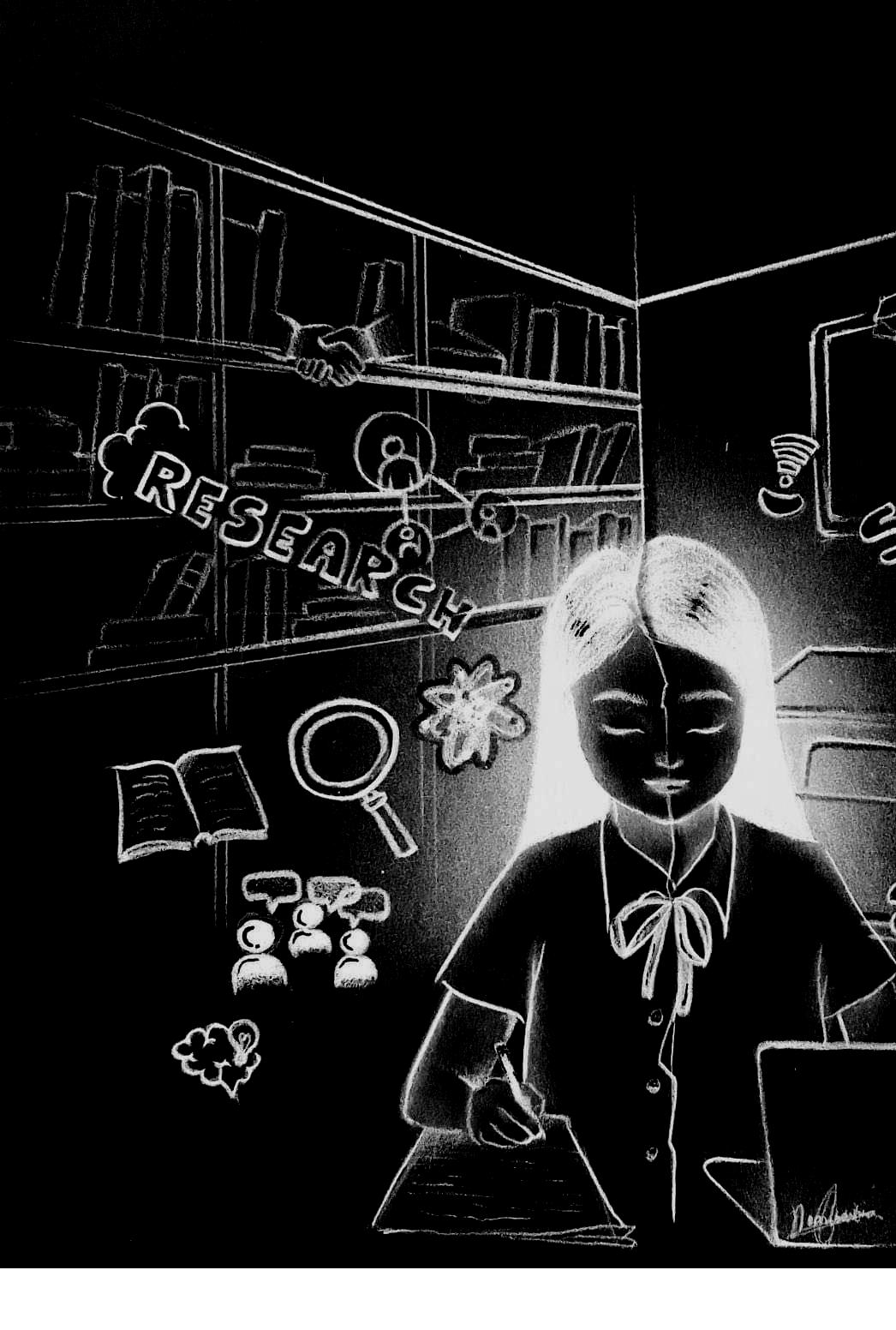
2 minute read
The Age of Technological Deception
from ILAW 2022-2023
As we humans progress, technology follows through and it continuously improves and evolves. With the spread of modern technology comes the internet and artificial intelligence. Educational chatbots have been widely used by students in the field of education. It was introduced in the era of learning restrictions imposed by the COVID-19 pandemic in the Philippines. Recently, ChatGPT raised alarms among PH university professors. According to ANC 24/7, one UP professor posted online that 90% of his students are suspected to have used online chatbots in writing their essays. This issue has been actively happening in the academe.
While modern technology is embraced by stu dents, the core of education may have been forgotten. This may have a huge impact to Philippine education, knowing how massive the effect would be to students and professionals, young and old alike, this may be a hurdle to overcome.
Though Artificial Intelligence (AI) may not have a negative impact to the system, according to some studies conducted and research done by numerous peo ple and organizations, most of them had the same con clusion—AI helps students’ productivity in schools. Which is a wonderful news to students, educators, and even professionals. No more cramming and sleepless nights for students; no more overdue submissions that teachers have to deal with.
In regard to using it as a tool in education, there should be an ardent effort from concerned agencies, working alongside educators to promote AI as a mech anism for progress—and diminish a misconstrued no tion that it is only used to disintegrate students to what is expected of them—that is to learn and thrive.










